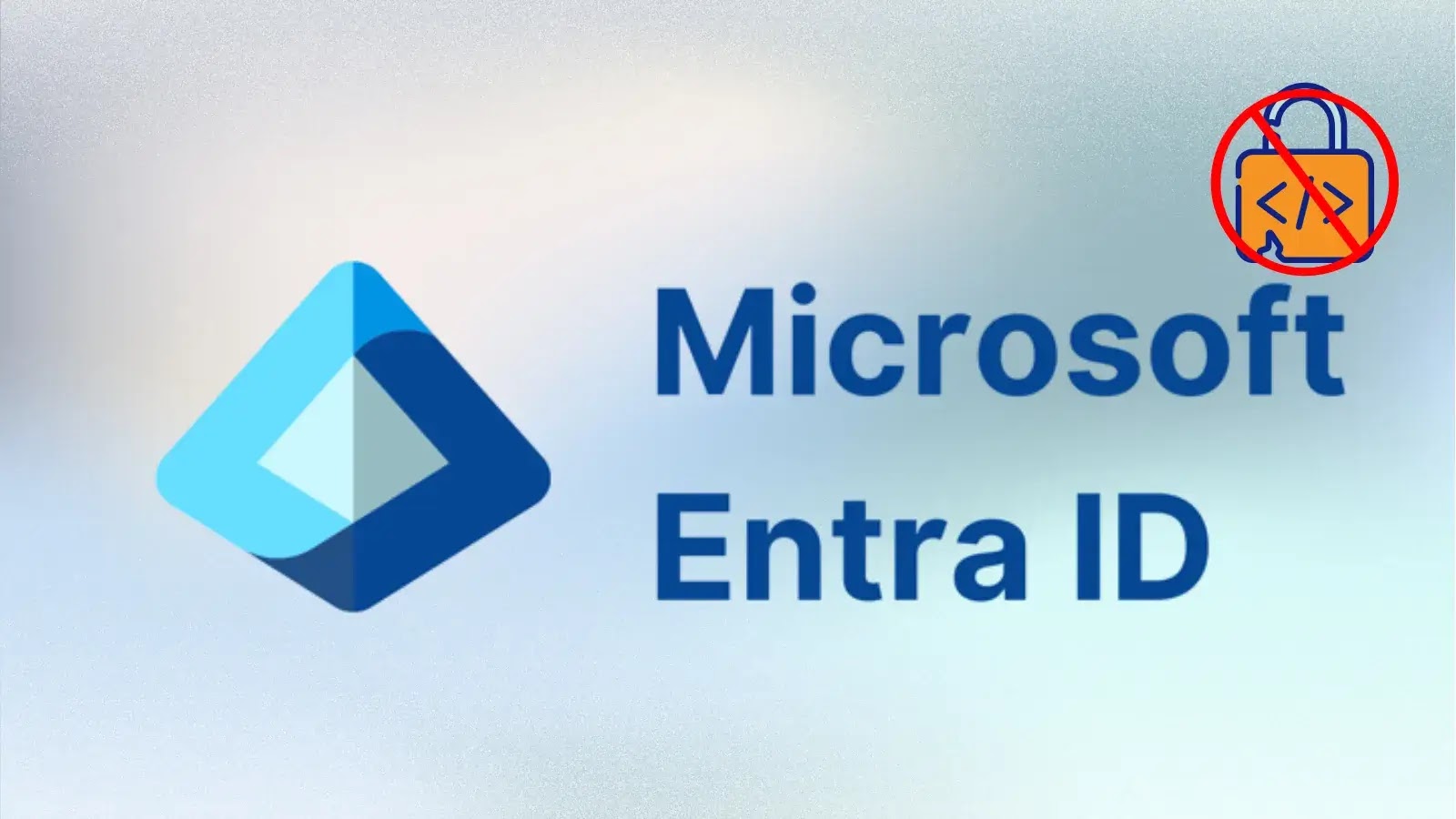
Microsoft Entra Credentials in the Authenticator App on Jail-Broken Devices to be Wiped Out
Microsoft Reinforces Entra Security: Jailbroken Devices to Lose Authenticator Credentials
In a significant move to bolster organizational security, Microsoft is implementing a critical enhancement to its Authenticator app. This change directly targets the inherent risks associated with jailbroken and rooted mobile devices, specifically impacting Microsoft Entra credentials. For IT professionals and security analysts, understanding the implications of this update is paramount.
Starting in February 2026, Microsoft will automatically detect and wipe all Microsoft Entra credentials stored on iOS devices that have been jailbroken and Android devices that have been rooted. This proactive measure aims to mitigate the heightened security risks these modified devices pose to corporate data and access management.
Understanding the Risk: Jailbroken and Rooted Devices
Jailbreaking (for iOS) and rooting (for Android) are processes that remove manufacturer and carrier restrictions from mobile devices, granting users elevated privileges and unfettered access to the operating system. While offering customization and flexibility, these modifications carry substantial security implications:
- Compromised Security Model: The sandbox environment and built-in security features designed to protect applications and data are bypassed or weakened. This makes the device more susceptible to malware, spyware, and unauthorized access.
- Increased Attack Surface: Allowing the installation of unauthorized applications from unverified sources significantly broadens the attack surface, making it easier for adversaries to introduce malicious code.
- Data Exfiltration Risk: Without the standard security protections, sensitive information, including authentication tokens and credentials, becomes more vulnerable to exfiltration by malicious applications or attackers with physical access.
- Enterprise Irregularity: From an enterprise security perspective, these devices operate outside the expected and trusted security posture, making them a significant blind spot for IT and security teams.
The Microsoft Entra Authenticator and Device Integrity
The Microsoft Authenticator app plays a crucial role in modern identity and access management, particularly with Microsoft Entra (formerly Azure Active Directory). It serves as a second factor of authentication, often storing authentication tokens and credentials that grant access to sensitive organizational resources.
When the underlying device OS is compromised through jailbreaking or rooting, the integrity of the Authenticator app itself, and more importantly, the credentials it holds, cannot be guaranteed. An attacker gaining control of a jailbroken device could potentially access or exfiltrate these credentials, leading to unauthorized access to corporate networks and data.
Microsoft’s Proactive Stance: Automatic Credential Wiping
Microsoft’s decision to automatically delete Entra credentials on detected jailbroken/rooted devices is a direct response to these pervasive security concerns. This is not a vulnerability in the Authenticator app itself, but rather a hardening measure against the compromised state of the device it resides on.
This policy, effective February 2026, ensures that organizations relying on Microsoft Entra for identity management can maintain a stronger security posture by preventing the use of high-risk devices for accessing corporate resources. The automatic detection mechanism will identify compromised devices and then take the decisive action of wiping relevant credentials, minimizing the window of opportunity for attackers.
Remediation Actions for Organizations
Given this upcoming change, organizations need to take proactive steps to prepare and educate their users:
- Device Policy Review: Re-evaluate and enforce mobile device policies that prohibit the use of jailbroken or rooted devices for accessing corporate resources.
- User Education and Communication: Clearly communicate the upcoming change to end-users. Explain the risks associated with jailbreaking/rooting and the consequences of using such devices with the Microsoft Authenticator app for corporate access.
- Mobile Device Management (MDM) Solutions: Leverage MDM solutions like Microsoft Intune to detect jailbroken/rooted devices and enforce compliance policies. MDM can block access to corporate resources from non-compliant devices.
- Conditional Access Policies: Implement Conditional Access policies within Microsoft Entra to restrict access based on device state. These policies can block access from devices identified as non-compliant by MDM solutions.
- Alternative Authentication Methods: For users who might inadvertently be using jailbroken devices, ensure alternative, compliant authentication methods are available and clearly communicated.
- Regular Audits: Conduct regular audits of devices accessing corporate resources to identify and remediate any policy violations.
Ensuring a Secure Mobile Enterprise Environment
Microsoft’s initiative underscores the critical importance of device integrity in a robust cybersecurity strategy. By automatically removing Entra credentials from compromised devices, the company is helping organizations enforce a foundational security principle: access to sensitive data should only be granted from trusted and secure endpoints. This move will undoubtedly strengthen the overall security posture for enterprises utilizing Microsoft Entra, pushing towards a more secure mobile access landscape.





